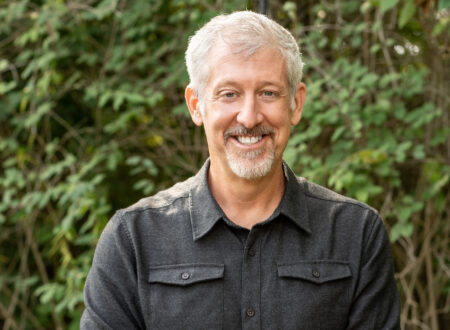Related Posts

Public governments must diligently fulfill the purposes underlying treaty promises
The Yukon Court of Appeal has confirmed that public governments must act diligently to ensure fulfillment of the purposes behind their treaty obligations. The First Nation of…
Read More...
Raising the Stakes - A Comparative Review of Canadian Mining Laws and Responsible Mining Standards
September 11, 2020
OKT is pleased to announce the release of the groundbreaking report: RAISING THE STAKES: A Comparative Review of Canadian Mining Laws and Responsible Mining Standards.
Canada…
Read More...
BC Bill 41: A Promising Start to Implementing UNDRIP
The Province of British Columbia is likely to be the first government in Canada to pass legislation to implement the UN Declaration on the Rights of Indigenous Peoples.


